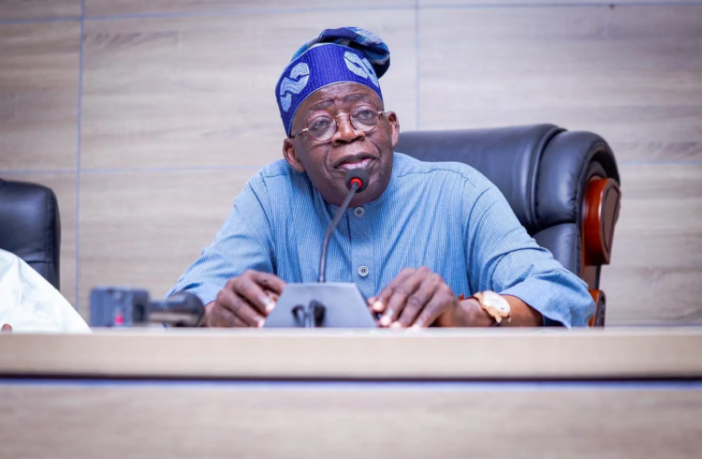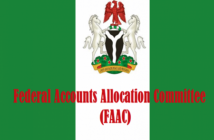A socio-political group, operating under the auspices of Centre for Transparency and Good Governance (CTGG), has advocated for equitable allocation of political offices to the six geopolitical zones of the country.
The equitable allocation of political offices, the group said, would empower democracy and strengthen confidence of citizens in government of the day, saying that they have observed some anomalies in the President Bola Tinubu-led government, which should be corrected in the interest of equity and fairness.
National Coordinator of CTCG, Barrister Ishaq Dauda, in a statement he issued on Monday, and made available to journalists in Abuja, noted that there were infractions on critical provisions of the Act of Parliament that set up the Federal Character Commission (FCC).
The Transparency Group contended that there was lopsided appointments in the Rural Electrification Agency (REA) which has left the North-Central geopolitical zone behind, as other zones have benefitted from the leadership of the agency, which is purely political.
The group, therefore, sought the magnanimity of President Tinubu to appoint a substantive Managing Director/CEO of REA from the North-Central Zone of Nigeria, having not produced the agency’s CEO since its inception.
The group also commended President Tinubu over the ongoing reforms, which they believed would yield fruitful results in due time.
The statement said: “The Rural Electrification Agency (REA) plays a crucial role in Nigeria’s power sector, particularly in the vital task of electrifying rural areas. Established under the Electricity Power Sector Reform Act of 2005.
“The agency has undergone a series of leadership changes, reflecting a diverse representation across Nigeria’s political zones.
“In its early years, the REA operated as a department within the Ministry of Power, overseen by Director of Renewables and Rural Access, Engr Olapade from the South West. This phase laid the foundation for the agency’s subsequent development.
“With the enactment of the Electricity Power Sector Reform Act in 2005, the responsibility for rural electrification shifted from a department to a full-fledged agency, officially named the Rural Electrification Agency. Engr Sam Gekpe, hailing from the South South, became the first substantive Managing Director and CEO, steering the REA through its initial stages.
However, a significant turn of events unfolded as Abdulkarim Saidu Gurin from the North East took overas an Administrator and subsequently Malam Isa Dunari from the North West assumed the role of Acting Managing Director due to an investigation leading to the suspension of Engr Gekpe.
“This marked a period of transition and raised questions about the agency’s stability.
“The subsequent appointment of Engr Ken Achigbu from the South East brought stability and continuity to the REA. Achigbu’s tenure, which extended until 2016, showcased the agency’s commitment to achieving its rural electrification goals.
“Engr Abubakar Wasaram from the North East took over as Acting Managing Director/CEO in 2016, emphasizing the agency’s commitment to regional representation. His role, although interim, contributed to the agency’s ongoing efforts to provide electricity access to remote areas.
“In 2016, the baton passed to Mrs. Damilola Ogunbiyi, marking a return to South West leadership. Ogunbiyi’s tenure showcased a continued dedication to expanding electrification projects and fostering sustainable development in rural regions.
“Following Ogunbiyi’s term, Engr Ahmad Salihijo Ahmad from the North East assumed the role of Managing Director in 2018, reflecting a commitment to regional diversity. Ahmad contributed to the agency’s ongoing efforts to address the energy needs of underserved and unserved communities.
“The most recent development in the REA’s leadership is the appointment of Abba Abubakar Aliyu, an Acting MD/CEO from the North West.
“There is a need to balance the regional shift of the Agencies leadership by allowing the North Central to also produce a substantive Managing Director/CEO.
“This shift will represent a new phase in the agency’s leadership, highlighting the dynamic nature of Nigeria’s power sector and the importance of regional representation in driving rural electrification initiatives.




